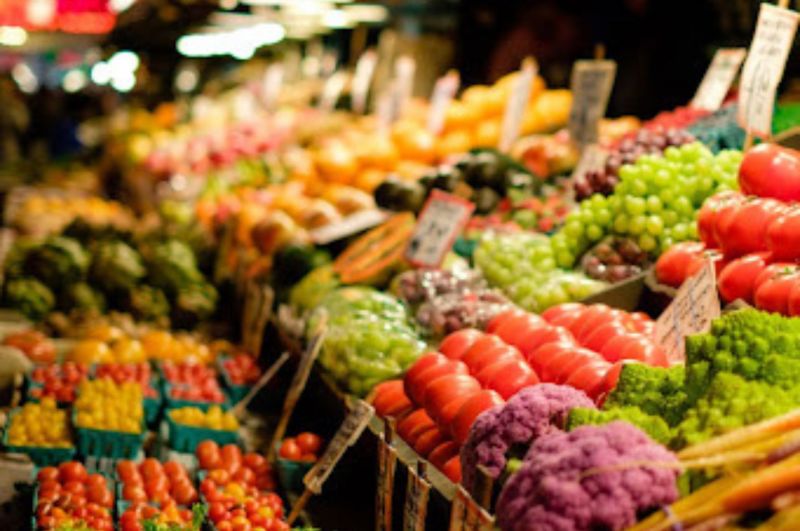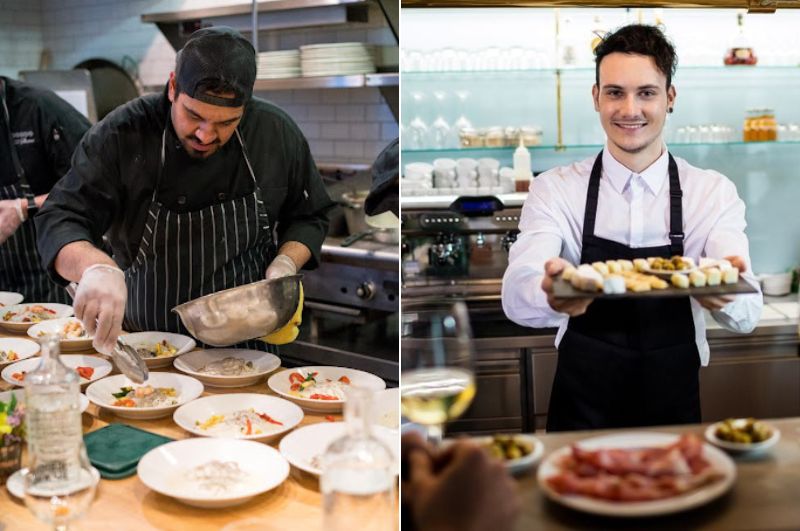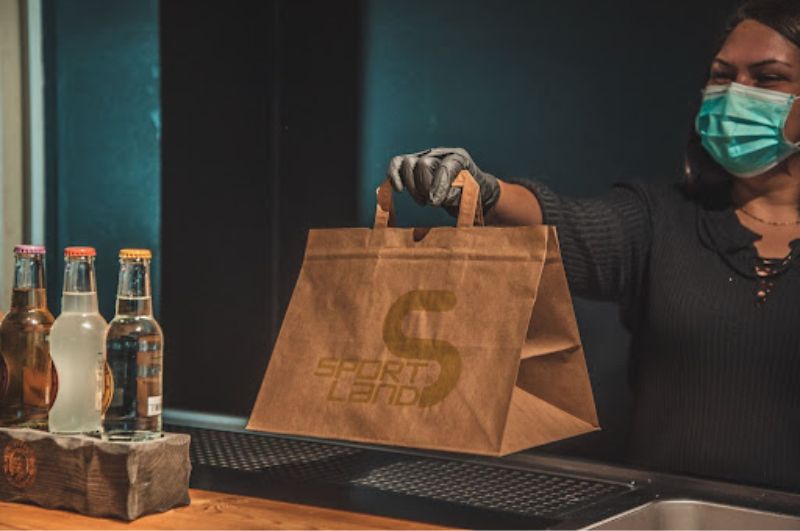
04/12/2023 For any business, the need to reduce its carbon footprint has become more of a societal pressure than ever before.
Improving your eco credentials won’t just win you brownie points with environmentally-conscious customers, but also makes sound business sense.
For any business, the need to reduce its carbon footprint has become more of a societal pressure than ever before. However, given the pressures the UK hospitality sector is under at the moment, from rocketing costs to problems recruiting skilled staff, they could well be forgiven for not putting the issue of sustainability at the top of the agenda.
But there are good reasons why you shouldn’t dismiss it as a low priority. From a purely business perspective, it can save you considerable amounts of money. And it is also something that consumers, particularly those in the younger demographics are increasingly seeking out. If you want to attract these people to your venue, then promoting the fact that you are doing your bit to save the planet will certainly impress today’s eco-conscious millennials. Most young people today care about sustainability and want to be assured that the companies they give their business follow environmentally, socially, and culturally sound practices. An overwhelming majority of millennials and Generation Zers will pay more for products and services that don’t harm the environment, deplete natural resources, or negatively affect the lives of people or wildlife.
This is backed up by a Nielsen study which found that nearly 75% of the respondents from these younger generations are willing to take action to support this attitude. A growing number of people from older generations also want companies to become environmental stewards. In fact, the Nielson study found that over half (51%) of baby boomers are happy to fork out more for sustainable products and services as well. So to stand out, bars, restaurants, and hotels need to focus on a few key aspects.
Reducing waste is an important step for any business wanting to become more sustainable. According to WWF around one-third of the world’s food goes to waste. That equates to around 1.3bn tons of food that could certainly be reduced if more of an effort were made. To cut down on this, businesses can source their food locally or even grow their own, given the space and inclination. This reduces how much food spoils and ensures fresher produce. Businesses can also adopt food-donation policies that let customers know unused food will make it to the local food kitchen or other charities, rather than just being chucked in the bin, boosting the feel-good factor amongst guests.
[[relatedPurchasesItems-39]]
But planning ahead is vital in running an efficient kitchen with minimal waste, and the first step here is to develop more sustainable menus. This could feature fewer items enabling you to operate with a reduced inventory of food products, decreasing storage costs, and minimising waste and potential spoilage.
Building up good relationships with local, dependable suppliers including butchers, bakers, fishmongers, and farmers will pay off in the long term, and make it easier for you to implement a just-in-time buying policy. This will give you scope to buy little and often, reducing the chance of food being wasted. Procuring fresh ingredients from these local suppliers will also mean your fresh produce will likely have a longer shelf life than those which are imported.
Ensuring the implementation of the first expired first out policy will also help to minimise food waste, while food tracking devices can be used to identify the type of food waste that is being generated. Monitoring of food stock should ideally be conducted on a daily basis, as this can lead to significant cost savings and efficiencies. It might also be worth analysing where most of any food waste comes from, be that vegetables, bread, pasta, etc, which will allow you to make the necessary adjustments when stocking up.

If your customers are leaving lots of leftovers, hefty portion sizes might be the issue
Keeping an eye on portion control is another sensible measure to help minimise food waste. While giving your customers good value for money is crucial and will encourage repeat business, in order to reduce waste it’s a good idea to keep an eye on how much food is being returned to the kitchen. If you are being faced with a high proportion of plates being sent back with piles of leftovers, consider that the portion sizes may be the problem, even for those with hearty appetites. Try reducing the sizes to improve the rate of empty dishes coming back to the kitchen.
Storing your food correctly is another important factor to consider because the wrong temperature could ruin the food if you’re not careful. Making sure you conduct temperature control checks and store all food in secure Tupperware or containers is essential to ensure high levels of food hygiene. Some food can go to waste because it’s been exposed whilst in the freezer after not being sealed up properly, resulting in freezer burn which can spoil meat in particular.

A lot of foodstuffs can be composted rather than binned and used to fertilise your plants
Compost any food waste if you can, though this isn’t always feasible, especially for those in the city and without access to any outside space. However, for those that can, it’s a great idea to use any suitable food waste as compost, which can help your plants to thrive. But there are certain foods that you can’t compost, so it’s worth checking with your team as to what can be used and what needs to be binned. But the more you can recycle and reuse, the better for the environment.

Taking home leftovers is standard practice in the US, but not so common here in the UK where customers often feel too embarrassed to ask for a doggie bag
And while it’s standard practice in the US to ask customers if they’d like to take home any leftovers, in the UK the concept of doggie bags is still not commonplace. But where it’s possible you might want to be more active in encouraging customers to take their leftovers home. It’s something that customers may feel shy to ask for so why not make it a default question that all your team asks customers once they’ve finished their food? As a business, you can direct that food waste to the responsibility of the customer who is more than likely to finish the food at home. Otherwise, it’s going to go straight into the bin once it returns to the kitchen.
TAGS:
 The On Trade
The On Trade 








